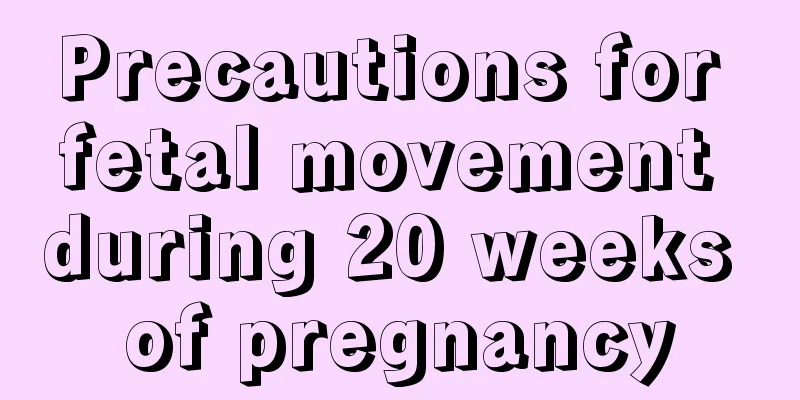Does the nine-valent vaccine hurt?

|
The nine-valent HPV vaccine is a vaccine for female gynecological diseases, mainly for cervical cancer. Women's awareness of health has been continuously improved. In order to prevent such diseases, they have traveled all the way to Hong Kong for vaccination. So is the nine-valent vaccine necessary? Does the nine-valent vaccine hurt? Let's have a simple understanding and understanding of this issue. I hope the following points will be helpful to everyone! Does the nine-valent vaccine hurt? The nine-valent vaccine is the most comprehensive anti-cervical cancer vaccine currently on the market, and can resist nine subtypes of cervical cancer. It can not only prevent the occurrence of private genital warts and vaginal warts, but also prevent the occurrence of cervical precancerous lesions and even cervical cancer. The nine-valent vaccine is usually administered in three times. The vaccine is injected with a syringe, which will cause some pain, but it is basically comfortable. I have not heard of anyone who cannot bear the pain of vaccination, so there is no need to worry about the pain. As long as women are of appropriate age, it is currently recommended to get the cervical cancer HPV vaccine. First of all, the injection of this type of vaccine is still necessary. This type of vaccine can prevent cervical cancer caused by various viral infections. Regarding the age for vaccination, many countries believe that the vaccination effect is better between 12 and 25 years old, but this does not mean that women who are over that age or who have married and had children cannot be vaccinated. It just has a certain impact on the antigen effect. Secondly, although the nine-valent HPV vaccine is very effective in preventing cervical cancer, a small number of women may still develop this disease after being vaccinated, and the mortality rate of cervical cancer is still very high. It takes a long time from viral infection to diagnosis of cervical cancer. Early screening and early treatment are necessary, so regular gynecological examinations are still necessary. The nine-valent HPV vaccine requires a total of three injections, one injection every two months. Regular injections are required to achieve a stronger effect. And even if you have been injected with the nine-valent HPV vaccine, you still need to have regular gynecological examinations. After all, the effect of the vaccine is prevention, but it is not absolutely safe. It only reduces the risk of illness. You still need to treat this issue correctly and deal with it objectively. |
<<: What age is the nine-valent vaccine suitable for?
>>: Can I have sex before and after the 9-valent vaccine injection?
Recommend
I stopped taking aspirin because I felt uncomfortable in my stomach, but it didn't prevent the recurrence of cerebral infarction.
A patient with cerebral infarction who was discha...
What are the massage techniques to make your breasts bigger?
Some people are born with very small breasts. If ...
Is it reliable to take Western medicine while drinking Chinese medicine?
This is the 4648th article of Da Yi Xiao Hu When ...
How to speed up uterine contractions
During the pregnancy stage, many problems may ari...
What causes a small belly during pregnancy?
We all know that the belly will get bigger as the...
How to treat folliculitis on the vulva
Folliculitis on the female vulva is a very common...
Why are duck intestines so tender and crispy? How to remove the fishy smell from duck intestines
Duck intestines have a lot of nutritional value. ...
What to do if liver function is abnormal during pregnancy
After becoming pregnant, women will go to the hos...
Can Kangfu Anti-inflammatory Suppository be used during menstruation?
Kangfu Anti-inflammatory Suppository is a relativ...
Is uterine cold hereditary?
Many people in their daily lives often do not pay...
What are the dangers of cold hands and feet when sleeping?
With the arrival of autumn and winter, some women...
How to deal with pain after sex
Compared with men, women have great differences i...
Does your child keep blinking? Beware of abnormal blinking in children!
Author: Chen Tingliang Shenzhen Children's Ho...
Why is plum called plum? Can plum help sober up?
Plum is a snack made from yellow ripe plums (comm...
What to do if you feel nauseous during your 6th month of pregnancy
One of the most common symptoms during pregnancy ...









